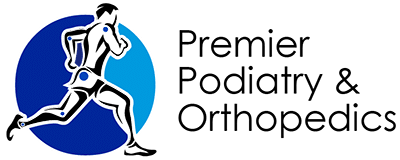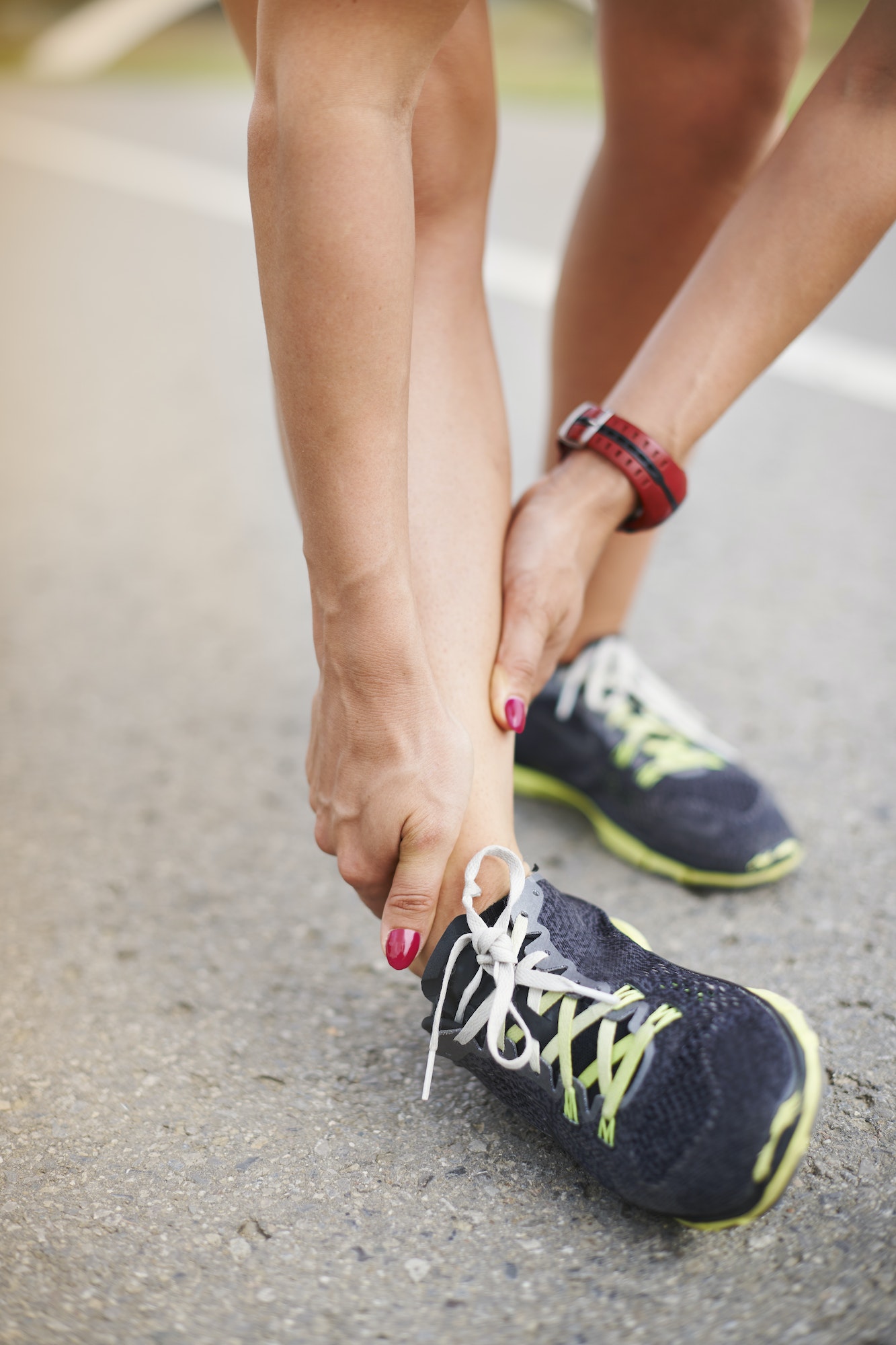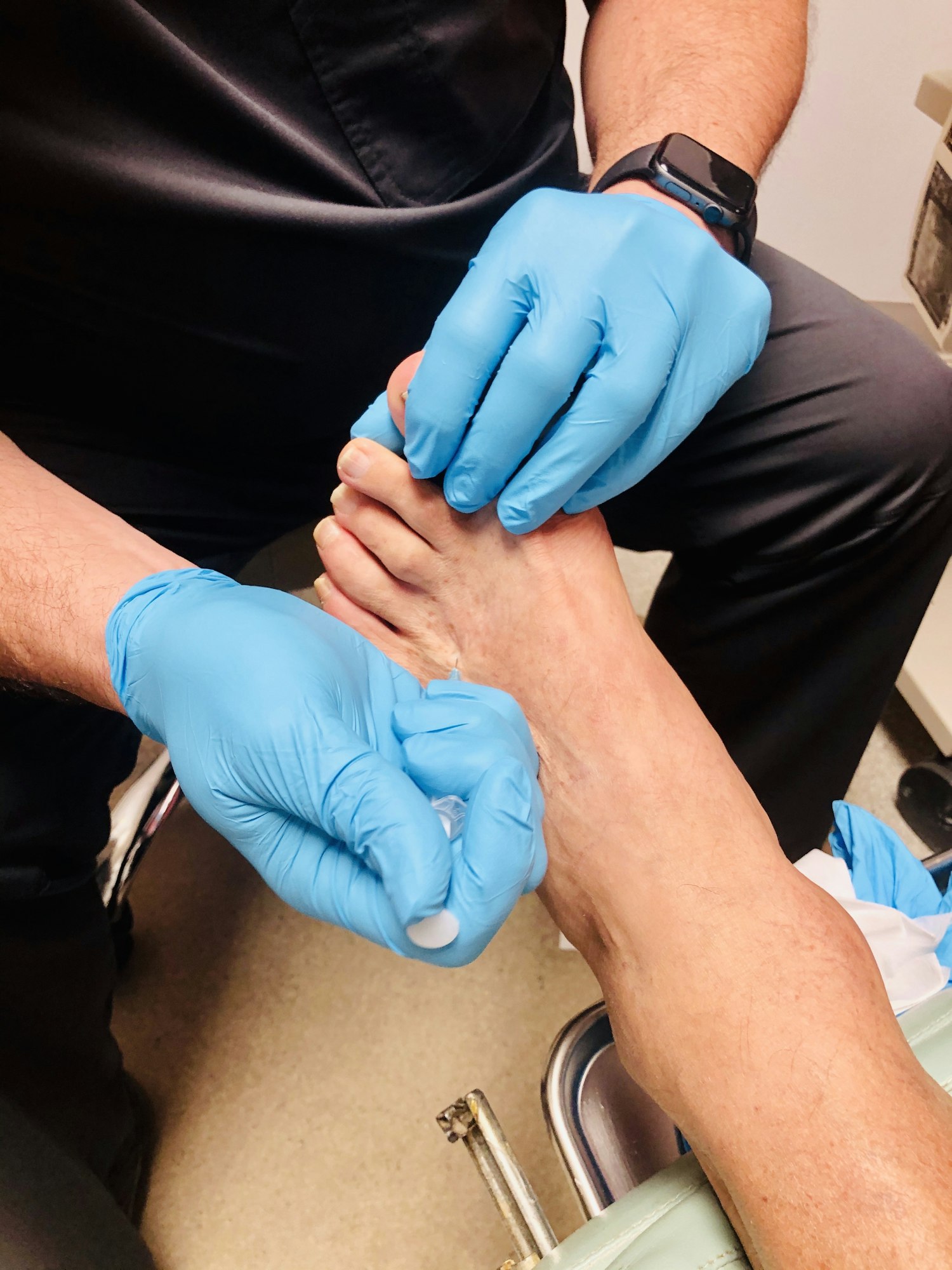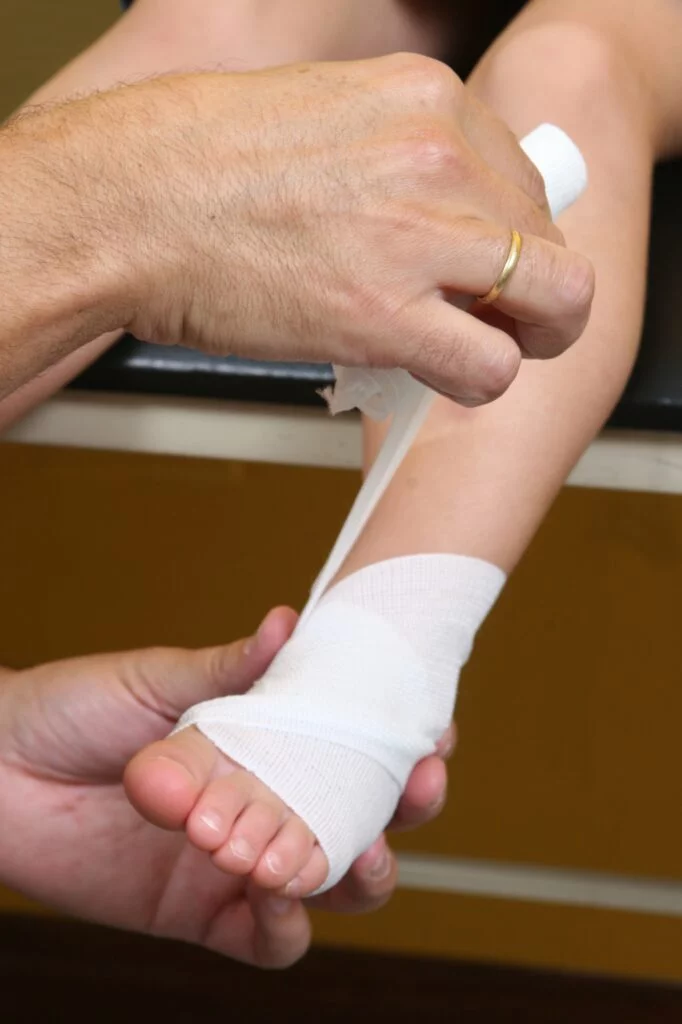Table of Contents
Introduction
Rotator Cuff injuries are a common cause of many shoulder pain complaints. Due to the repetitive use of the muscles that make up the Rotator Cuff, wear and tear happen over time, causing tears and other injuries that often result in extreme pain. Other factors such as age, overall health, and lifestyles that include certain repetitive or stressful activities can also increase the likelihood of Rotator Cuff injuries.
Injuries to the Rotator Cuff can range from mild to more severe, depending on the cause and other factors. Therapies are available to aid in your recovery from these injuries, and with time, the Rotator Cuff can often be restored to its original state. But what is the Rotator Cuff, exactly, and how will you know if you have an injury? Read on for answers to your questions, including what you can do if you think your Rotator Cuff is injured.
What is the Rotator Cuff?
The Rotator Cuff is the name given to the group of muscles responsible for keeping your arm safely in its socket. There are four main muscles that work together to form the Rotator Cuff, and each has an important job. They are:
- Supraspinatus — Helps you lift your arm while holding your humerus in place and keeping your upper arm stable
- Infraspinatus — This allows you to extend and rotate your shoulder
- Teres Minor — The smallest of the four, responsible for rotation of your arm away from your body
- Subscapularis — Holds your upper arm bone in place while helping you rotate your arm, hold your arm out straight, and lower your arm.
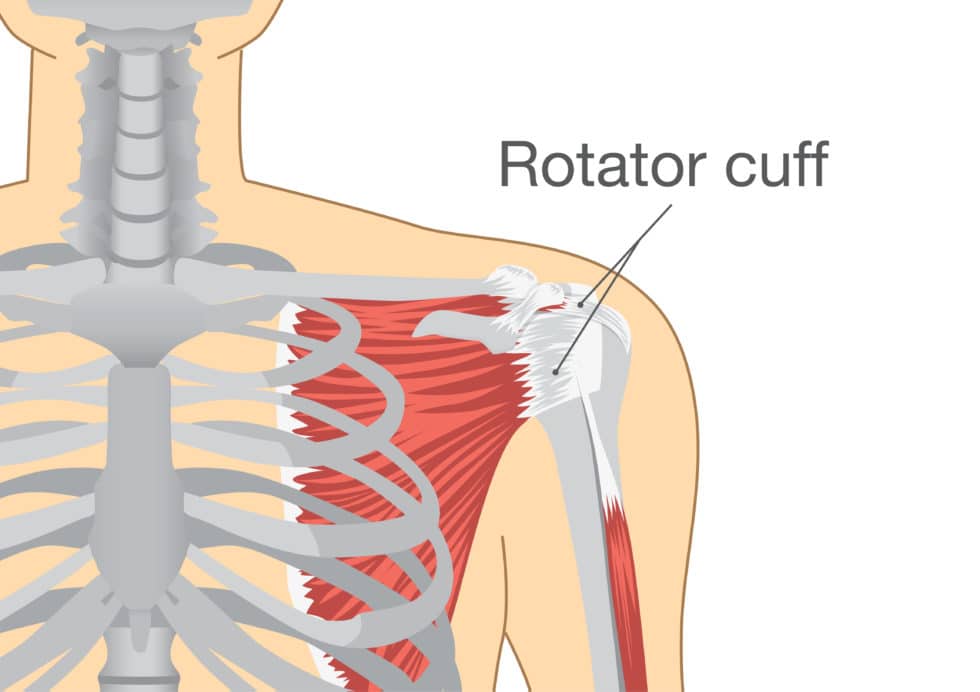
How do Rotator Cuff Injuries Occur?
Rotator Cuff injuries can occur from a single traumatic incident such as a fall or lifting something very heavy, but they’re most commonly the result of repetitive movements, creating wear and tear on the muscles over years of activity. The three main types of Rotator Cuff injuries are:
- Rotator Cuff Tear — These are usually partial tears in the muscle and are often the result of wear and tear from repetitive daily activities, though a fall or similar injury can also cause them.
- Bursitis — When the bursa (or small, fluid-filled sac) surrounding the Rotator Cuff becomes irritated or inflamed. Mainly caused by repetitive stress, but infection can also be the cause.
- Tendinopathy — This is the result of the tendons that attach to the bone becoming irritated or inflamed, causing pain around the joint.
What are the Symptoms of a Rotator Cuff Injury?
There are several symptoms pertaining to a Rotator Cuff injury that are tell-tale signs you should have your shoulder examined. Especially if you perform certain actions often — for work or sports, for example, it’s important to make sure you’re not potentially damaging your Rotator Cuff further. The most common symptoms of Rotator Cuff injury include:
- Persistent pain, especially when performing certain actions (lifting your arm, for example)
- Pain so severe that it disturbs your sleep or prevents you from sleeping on the injured side
- Grinding, cracking, or grating sounds coming from the area when attempting to move your arm
- Limited mobility of affected side, including your arm
- Weakness in the muscles of the shoulder, arm, or both
Leaving a Rotator Cuff injury unattended can result in further, potentially irreversible damage to your shoulder. If you are experiencing any of these symptoms, have your shoulder examined as soon as possible.
Treatment Options for Rotator Cuff Injuries
Treatment options for Rotator Cuff injuries vary depending on several factors. Things like specific symptoms, age, overall health, and the cause of your injury are all important to consider when determining the best treatment option. Some treatments that are commonly offered for Rotator Cuff injuries include:
- Resting the affected arm and shoulder
- Physical therapy exercises for strengthening and stretching the muscles
- Non-steroidal anti-inflammatory drugs, such as Ibuprofen, Naproxen, or similar
- Corticosteroid injection therapy
- In some cases, surgery may be performed for injuries that are severe or are unresponsive to other therapies
Treat Your Rotator Cuff Injuries Faster
If you’re concerned that you may have a Rotator Cuff injury, your best course of action is to consult with a professional. Our team of experts specializes in orthopedic injuries of all kinds, Rotator Cuff injuries, and other causes of shoulder pain.
We’ll help you uncover what’s causing your shoulder pain and inform you on your best options for treatment, while also advising you on best prevention practices to help you care for your Rotator Cuff muscles and avoid additional injury.
With friendly and knowledgeable staff on standby to assist you at our Carmichael and Roseville locations, we’re more than capable of helping you with your orthopedic needs. Contact us today, and let’s get you feeling better!
Testimonials
Looking to schedule an appointment with a physician?
Schedule an appointment with us by calling (916) 961-3434 or by clicking the button below to begin requesting your appointment today!
